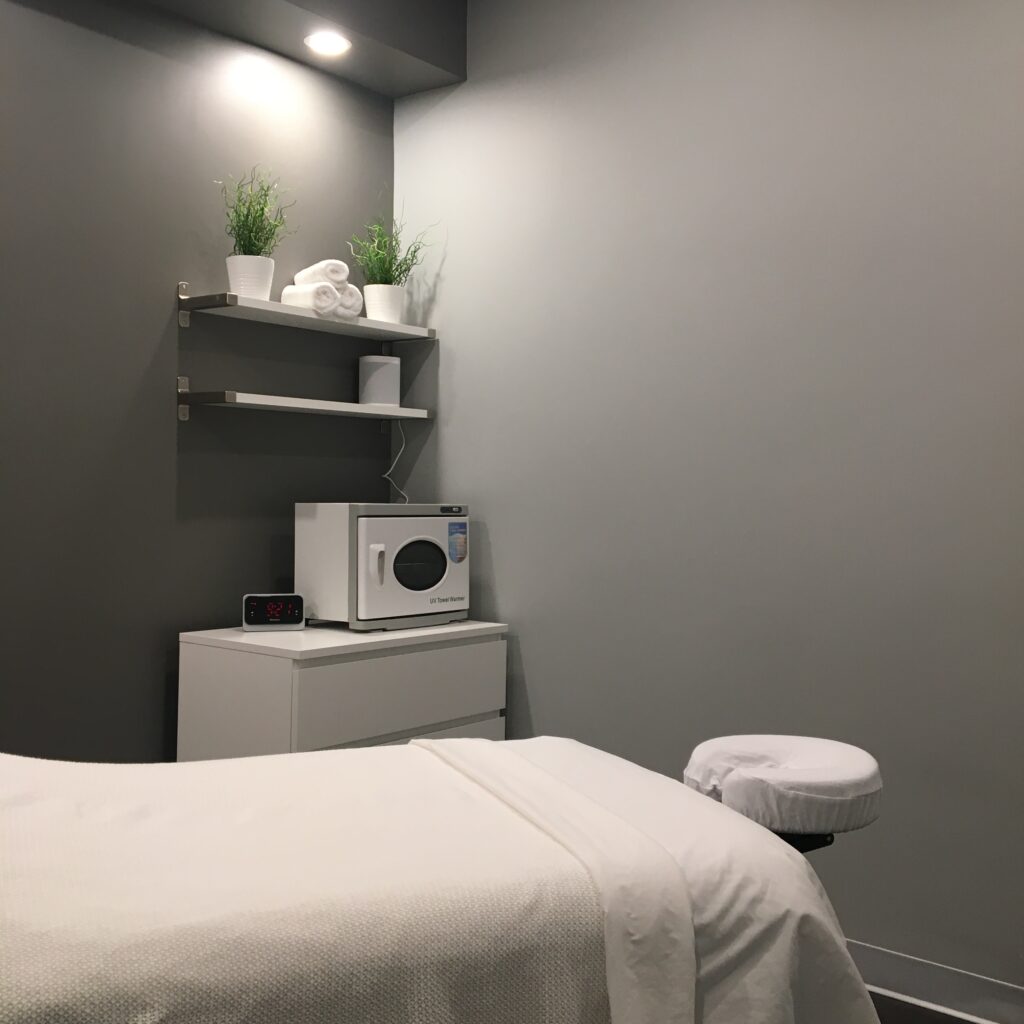Common Conditions That Can be Treated With Massage
Massage provides numerous therapeutic benefits for the body and mind, and can be a valuable tool to help treat various health conditions. In fact, references to this healing art date back more than 4,000 years ago, making it one of the oldest healing practices in history!
With such an array of techniques and styles, massage can target various areas of the body with precision, making it a versatile treatment option that can be extremely personalized and tailored to each individuals’ needs.
Below we have listed some common conditions that massage can help treat. We strongly encourage you to reach out to your healthcare professional to determine if massage therapy is right for you. As well, one of our trained massage therapists at a Massage Experts near you is happy to discuss various services with you.
Muscle Tension & Chronic Pain
As human beings, we can hold a lot of tension throughout our entire body. From our jaw down to our feet, muscle tension can have a significant impact on how we feel and function, and in many individuals, it can cause a lot of pain. When this pain is experienced for extended amounts of time, it can lead to issues like chronic pain that many live with on a daily basis.
Massage can significantly reduce muscle tension and chronic pain through the act of applying a certain pressure on the body. By applying various techniques, massage can increase blood circulation in areas causing discomfort and can stretch out the sore tissue that causes feelings of tightness. Combined, this can cause stiff muscles to relax and can alleviate pain as a result.
As well, thanks to muscle memory, receiving repeated massages on areas where you experience tension and pain can keep muscles relaxed on a consistent basis and for longer periods of time. In fact, a study that focused on neck pain found that a 60-minute massage at least twice a week can significantly improve pain and neck dysfunction long-term.
Headaches & Migraines
It is estimated that over 2.7 million Canadians are affected by migraines, and it is a fairly common health condition. The moderate to severe pain that migraines cause can have a major impact on how one feels and functions, and there are a range of other associated symptoms one can experience.
Seen both with migraines and headaches, such as tension-style headcases, the neck can play a significant role in the discomfort. For instance, more than half of patients in a study on migraines reported that neck pain is an associated, co-existing symptom when one experiences a migraine. This is why targeting specific trigger points with massage, such as within the neck, can cause significant improvements, as it can help lower the overall pain one experiences.
As well, the pain associated with migraines and headaches can often result from a lack of blood flow. By targeting the upper body (shoulders/neck/upper back), massage can help loosen knots and sore tissue, and increase oxygen and nutrients that need to be delivered to our muscles.
TMJ (Pain in jaw)
The temporomandibular joint (TMJ) within the jaw can become very tense for a variety of reasons, such as a result of an injury or emotional stress, and cause feelings of pain and tightness when one uses their jaw. This can lead to a TMJ disorder and cause discomfort for long periods of time if left untreated.
If you find you tense or clench your jaw often, or you experience pain in this area, a TMJ massage can be an extremely effective tool to help treat this pain. A massage therapist can address the cause of pain within the jaw and upper cheekbone area, and work with the jaw muscle to decrease inflammation, improve circulation in that area, and increase healing.
Arthritis
Arthritis is a fairly common condition, and currently affects 1 in 2 Canadians over 65 years old. Although there are numerous types of arthritis, it can typically cause mobility difficulties and an overall pain or ache in the areas affected.
Massage can directly target the pain that arthritis causes and can help improve overall joint motion and muscle flexibility. For instance, those with rheumatoid arthritis can benefit from massages that specifically target the increase of circulation, and this can help keep side effects like pain at bay.
Seniors especially, who may also experience concerns with flexibility, can benefit greatly from massage, as it can loosen tight muscles, improve circulation, and treat difficulties with mobility or physical pain caused by conditions like arthritis.
Stress & Anxiety
Although massage cannot treat anxiety or remove the effects caused by stress per se, it can help boost overall positive feelings in the body at a chemical level. When one receives a massage, it can boost our “happy hormone” (dopamine) as well as our mood-stabilizing hormone (serotonin), and this can lead to feeling happier and more relaxed as the body lowers cortisol levels that increase when we feel stressed. In fact, it can increase those feel-good hormones by an average of 30%!
Additionally, stress can cause physical pain in the body and can lead to muscle tension and other physical concerns. Therefore, massage can be an effective tool to lower and manage stress levels, while at the same time, improve the physical symptoms that stress can cause.
Contact a Massage Experts near you to discuss the best type of massage for your specific concerns. Our trained experts will help guide you on your journey to better health.

